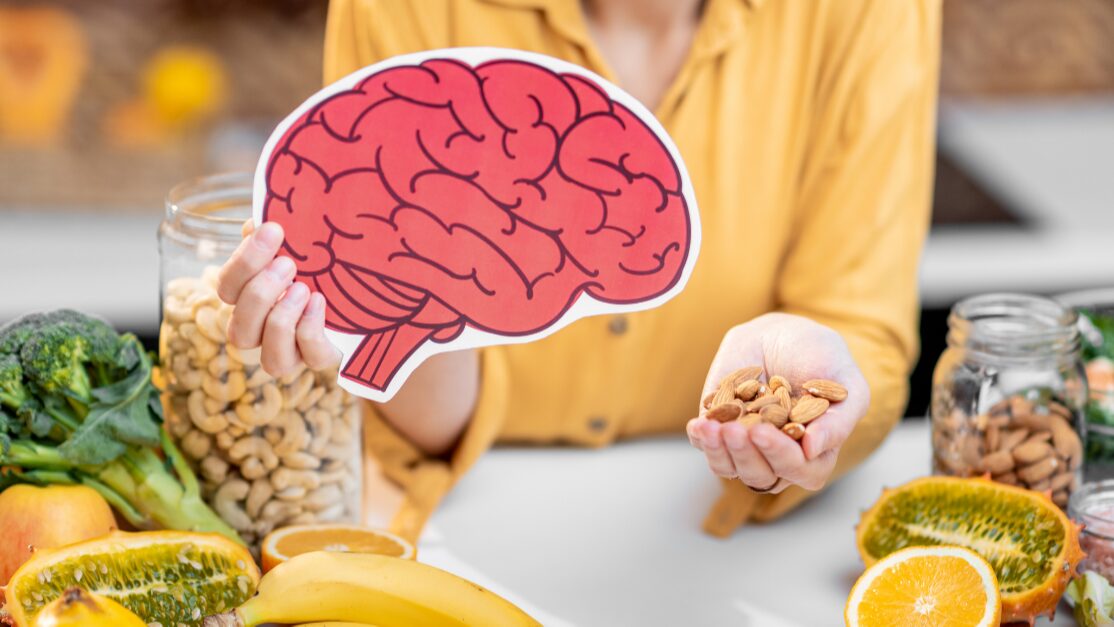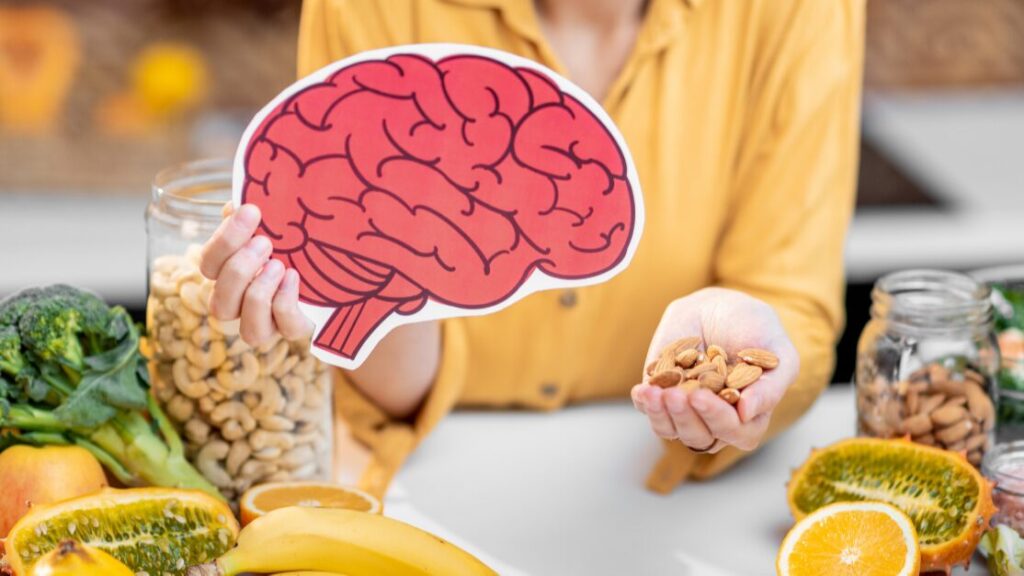

Did you know that your diet doesn’t just impact your body’s health but also plays a crucial role in shaping your mood, concentration, and overall mental wellness? Recent studies have uncovered the significant relationship between diet and mental wellbeing, emphasizing the pivotal role of nutrition in optimizing our mental health.
A diverse and nutrient-rich diet isn’t only about physical health; it’s a powerful tool that enhances memory, concentration, and can even heighten positivity while shielding against depression. Conversely, an overindulgence in highly processed, fried, or sugary foods can heighten anxiety levels and amplify the risk of depression.
Crafting a Wholesome Diet:
A holistic diet brims with a wide spectrum of essential elements:
- Fresh Vegetables
- Vibrant Fruits
- Nourishing Legumes (such as chickpeas and lentils)
- Nuts and seeds for sustenance
- Enriching Fish varieties
- Whole Grains for nutritional balance
- Heart-healthy Unsaturated Fats (like olive oil) for vitality.
Limiting the intake of processed, sugary, and high-fat foods is advisable, allowing occasional consumption in moderation.
Impact on Youth and Young Minds:
For youngsters and adolescents, regular intake of highly processed, sugary, and fried foods correlates with:
- Increased hyperactivity and symptoms of attention deficit hyperactivity disorder (ADHD)
- Reduced focus and persistent fatigue, disrupting learning and memory functions
- Elevated instances of depression and anxiety. Research affirms that young individuals adhering to more nutritious diets showcase significantly lower depression rates than those with poor eating habits.
Gut Health and Holistic Wellness:
Embracing a balanced diet fosters gut health by nurturing beneficial gut bacteria, reducing inflammation, and fortifying mental wellbeing.
Chronic inflammation, triggered by an imbalanced diet, can pave the way for various health ailments, including depression.
External factors contributing to chronic inflammation encompass stress, disrupted sleep patterns, sedentary lifestyles, and tobacco consumption.
Navigating the Sugary Scape:
Regular consumption of sugary drinks like soft drinks or energy beverages is associated with poorer mental health. Energy drinks, packed with stimulants, have been linked to sleep disturbances, heightened stress levels, and increased likelihood of depression.
Dietary Approaches for Mental Health:
Evidence points to the profound impact of a diverse, healthy diet in alleviating depression. Studies reveal that a substantial proportion of individuals battling depression found relief after adopting improved dietary habits.
Elevating the Mealtime Experience:
Beyond the food content, the mealtime environment significantly influences overall wellness.
- Disconnecting from screens and relishing meals in a calm setting augments the joy of eating.
- Sharing meals with loved ones fosters connections and encourages healthier eating habits.
- Engaging in activities like cultivating your own food not only instills satisfaction but also strengthens the connection with your diet, promoting an active and stress-free lifestyle.
By celebrating the origin, preparation, and communal sharing of meals, individuals can cultivate healthier eating habits, enhancing mental and physical vitality while nurturing holistic wellbeing.
The food you consume not only impacts your physical health but also plays a significant role in influencing your mood and mental wellness. Opt for a diverse and nutritious diet, encompassing a broad spectrum of vegetables, fruits, legumes (such as chickpeas and lentils), nuts, seeds, fish, whole grains, and healthy unsaturated fats like olive oil.